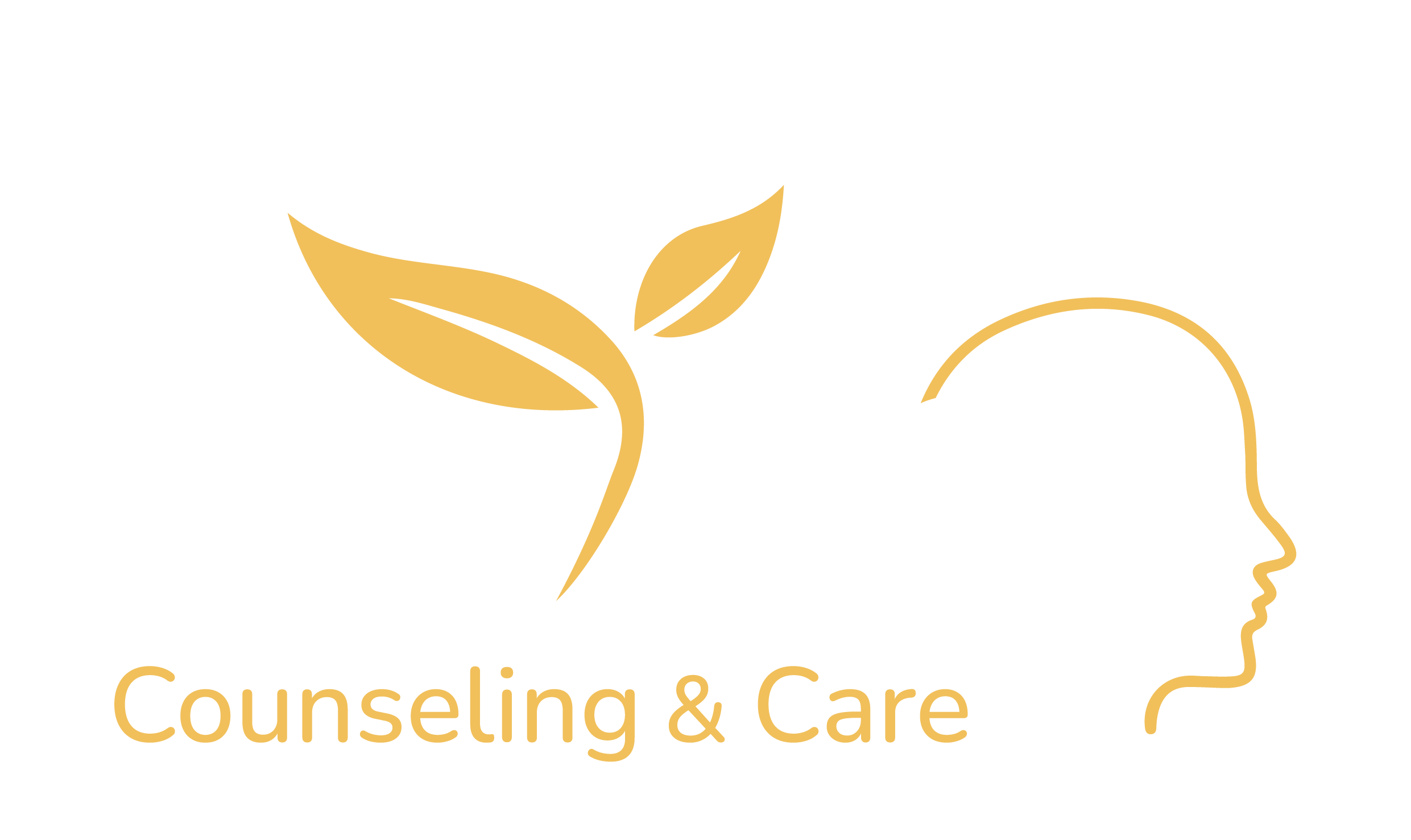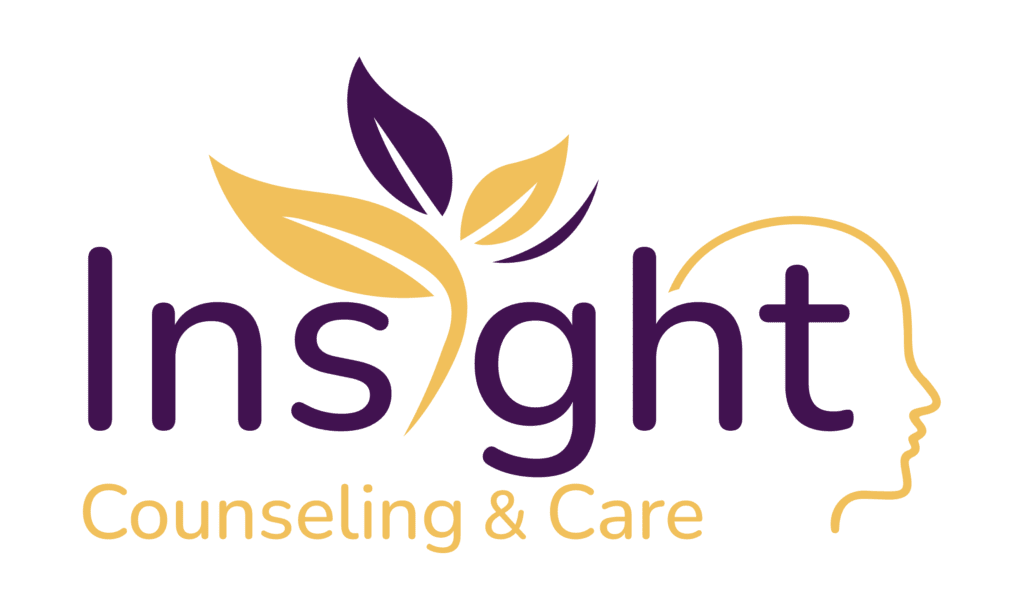Effective communication is the process of exchanging ideas, knowledge, and opinions so that the message is received and understood clearly and with purpose. When communication is effective, both people feel understood, respected, and more connected to one another. Here are some tips and mistakes to avoid for effective communication in relationships:
5 Tips To Help Foster Effective Communication
5 Tips To Help Foster Effective Communication
1. CHOOSE THE RIGHT TIME
Avoid bringing up sensitive topics when either of you is tired, stressed, angry, hungry, or upset. It is best to have tough conversations when both individuals are in a calm neutral state of mind. Waiting to have these conversations when you both are ready can be more constructive and lead to effective communication.
2. BE HONEST AND VULNERABLE
Share your thoughts, feelings, and concerns openly and honestly even when it’s difficult. Building effective communication and intimacy with your partner requires you to be vulnerable and open.
3. MANAGE CONFLICTS CONSTRUCTIVELY
When conflicts arise, it is very common to use accusatory language and place blame on the other individual. You must remember that when conflicts arise, instead of turning against one another you should approach the conflict as a team, not opponents. Stay focused on resolving the issue rather than attacking each other.
4. COMPROMISE
It is imperative to remember that relationships require give-and-take. Make sure that you are willing and open to finding mutually agreeable solutions to conflicts instead of insisting on getting your way.
5. SEEK HELP IF NEEDED
If you are struggling with communication within your relationship consider seeking help from a couples therapist or counselor.
Effective communication is the foundation of healthy lasting relationships. By practicing these tips, you can build trust, intimacy, and a deeper connection with your partner
5 Mistakes to Avoid While Communicating
1. AVOID BLAMING OR ACCUSATORY LANGUAGE
As previously mentioned, during conflicts, we can be quick to place the blame on the other individual. Using this type of language can be extremely accusatory and hurtful towards your partner. To combat this, focus on using “I” statements when expressing your feelings and perspectives. For example, “I feel hurt when…” Using “I” statements helps avoid blaming the other individual and allows the other individual to get a better understanding of your perspective without the use of hurtful language.
2. DON’T LOSE CONTROL OF YOUR TONE OR BODY LANGUAGE
During conflict, we may feel stressed, overwhelmed, or anxious. This may lead you to have less control over your tone of voice, word choice, and body language. Sometimes, how we say something and the way our body conveys a message can cause more harm than the words themselves. Make sure to keep this in mind as nonverbal cues can have a huge impact on our communication.
3. MAKE SURE YOU KEEP AN OPEN MIND AND ATTENTIVELY LISTEN
When communicating with your partner, make sure to give them your full undivided attention when they are speaking. Avoid distractions, maintain eye contact, and don’t interrupt them. This can help your partner feel seen and heard during the conversation. Additionally, it is imperative to reflect and ask questions to ensure you are clearly understanding the topics being discussed.
4. DON’T LOSE EMPATHY
When you’re dealing with your own emotions and feelings that may arise during an argument with your partner, sometimes it can be difficult to be open and understand their point of view. Additionally, without empathy, we might be more receptive to using critical language. Instead, it is imperative to remain empathetic towards your partner. Try to understand your partner’s perspective, even if you disagree, acknowledge their feelings, and show that you care about their experience.
5. DON’T JUMP TO CONCLUSIONS
Making assumptions about our partner’s behavior and intentions can often result in conflict. Making sure we keep an open mind and remain empathetic when approaching tough conversations can help foster an effective conversation and better understanding of your partner.
By Kaitlynn Russell, Clinic Assistant at ICC







